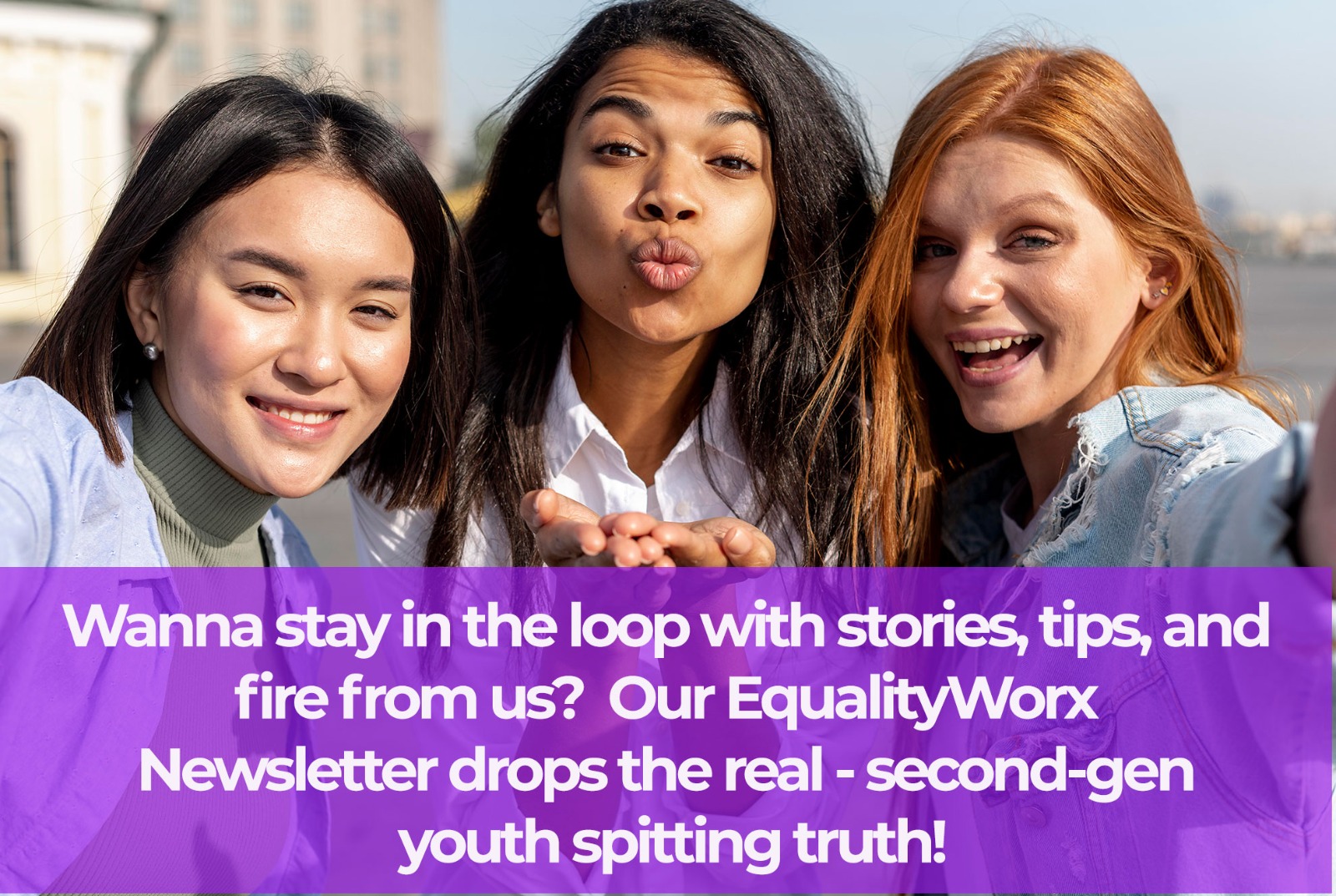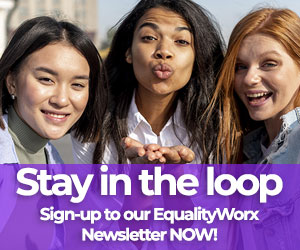What’s up, EqualityWorx fam? What does it mean to hold authority to account in 2025? In the UK, a new breed of citizen watchdogs – known as “auditors” – are answering that question with smartphones, drones, and a deep understanding of their rights. These are not accountants or bureaucrats, but everyday people who film in public spaces, challenge police and security, and post their encounters online for all to see.
But is this movement about transparency and empowerment, or just provocation? And why hasn’t Ireland seen the same surge in auditing activism, even though the law is on similar ground?
Who Are the Auditors?
In the UK, auditors are a visible and sometimes controversial presence. They show up at police stations, council offices, and industrial sites, camera in hand, calmly (or sometimes provocatively) recording their interactions with authorities. Their aim? To test the boundaries of the law, educate the public about their rights, and, in many cases, expose overreach or ignorance from those in power.
Some critics argue that certain auditors are simply out to antagonise police or security, hoping for a dramatic reaction or even an arrest to boost their online views. There’s no denying that some videos are edited for maximum confrontation. But there’s another side to the story. Figures like Auditing Britain have built a reputation for a more measured approach: focusing on lawful conduct, calmly asserting rights, and turning each encounter into a lesson in civic engagement.
The Law: Rights and Risks in the UK and Ireland
UK:
Filming in public spaces is generally legal in England, Wales, and Scotland, as long as you’re not trespassing, harassing, or breaching someone’s reasonable expectation of privacy. The UK Information Commissioner’s Office (ICO) confirms that filming for personal use in public is lawful, but publishing footage online can raise data protection and privacy issues if individuals are identifiable and the content is intrusive or defamatory.
Ireland:
Irish law is broadly similar: you can record in public spaces where there is no “reasonable expectation of privacy.” The Irish Council for Civil Liberties (ICCL) and Citizens Information confirm that filming Gardaí or members of the public in public places is lawful. However, Ireland’s robust data protection regime – including the General Data Protection Regulation (GDPR) – means that publishing or sharing footage online can trigger legal issues, especially if it’s used to harass, defame, or intrude on someone’s privacy.
Key Differences and Risks:
-
GDPR: In Ireland, GDPR applies to any published footage that can identify a person, especially if used for non-personal or commercial purposes.
-
Harassment: Both UK and Irish law prohibit using recordings to harass or threaten individuals, and repeated unwanted filming could be considered harassment under the Non-Fatal Offences Against the Person Act 1997 (Ireland) or the Protection from Harassment Act 1997 (UK).
-
Defamation: Publishing footage that damages someone’s reputation without justification can result in civil liability.
Auditing Britain: A Model for Lawful Auditing
Among the UK’s auditing community, Auditing Britain stands out. Their videos are marked by calm questioning, respect for boundaries, and a refusal to escalate unnecessarily. Instead of shouting or baiting, Auditing Britain focuses on education – explaining what is and isn’t allowed, and encouraging viewers to know their rights. This approach not only avoids unnecessary drama, but also makes it harder for critics to dismiss the movement as mere troublemaking.
DJ Audits: Bringing Drones Into the Equation
While most auditors stick to ground level, DJ Audits has taken things to the skies. Known for visiting industrial sites and using drones to film from above, DJ Audits highlights a new frontier in citizen accountability. Their videos often include detailed explanations of drone laws, safety protocols, and the legal right to film from public airspace.
The reactions from staff and site managers are telling: some demand the drone be grounded, citing privacy or security – even when the flight is legal. DJ Audits uses these moments to educate not just the public, but also businesses and authorities about the evolving boundaries of technology and the law.
Why Hasn’t Auditing Taken Off in Ireland?
While auditing is a visible movement in the UK, Ireland’s scene is much quieter. There are few, if any, high-profile “auditors” regularly filming Garda stations or public buildings, and the movement hasn’t captured public imagination in the same way.
The reasons may be cultural – Irish society tends to be more cautious about confrontation with authority, and there’s less tradition of public protest compared to the UK. Legal risk is also higher due to GDPR and strong privacy protections. Still, the legal foundation for lawful recording is present, and the potential for a new generation of Irish auditors remains.
Activism, Antagonism or Watchdog?
It’s easy to lump all auditors together, but the reality is more complex. Yes, some chase viral moments, but others are genuinely committed to public education and accountability. The best auditors show that you can assert your rights without antagonism, and that lawful dissent is not only possible, but vital in a democracy.
At its best, auditing is about empowerment. When an auditor is wrongly told to stop filming or threatened with arrest for a lawful activity, the camera keeps rolling. These moments reveal the gap between what the law says and how it’s enforced. For viewers, it’s a real-time lesson in civic engagement: you don’t need a law degree to hold power to account – just knowledge, confidence, and a camera. The rise of drone auditing adds another layer. By flying over industrial sites and explaining the rules, DJ Audits demonstrates how technology can be used responsibly – and how misunderstanding the law can lead to unnecessary conflict.
Auditors aren’t a replacement for traditional journalism or legal advocacy. But they represent a new kind of watchdog – one that’s accessible to anyone with a phone, a drone, and the courage to use them. Their work reminds us that the right to record is a cornerstone of democracy, and that the boundaries of lawful dissent are always worth testing. As auditing gains momentum in the UK and remains quieter in Ireland, it’s clear this movement is about more than cameras or confrontation. It’s about who gets to participate in public life – and how power is held to account.
Gen Z, Second-Gen Youth, and the Future of Accountability
For Gen Z and second-generation youth, especially those sidelined by traditional systems, the auditing movement offers a powerful message: you don’t need to be an insider to ask questions, test boundaries, or demand transparency. The example set by UK auditors shows that knowledge, courage, and lawful action can empower anyone to challenge authority and protect their rights. This is especially relevant for second-gen young people forging new identities and communities in a changing society.
Gen Z is already redefining what activism looks like – through social media, creative protest, and knowing their rights. Auditing, at its best, is about making the law work for all of us, not just those with privilege or power. It’s about showing up, asking questions, and refusing to accept “that’s just the way things are.”
EqualityWorx’s mission is rooted in the belief that every person – regardless of background, ethnicity, or status, should have the tools and confidence to engage with the systems that shape their lives. The auditors’ example shows that knowledge, courage, and lawful action can empower anyone to challenge authority and protect their rights. This is especially relevant for second-gen young people in Ireland, who are forging new identities and communities in a changing society. When you see someone calmly asserting their rights in public, it’s a reminder that equality isn’t just a principle – it’s something we build, moment by moment, through everyday acts of courage and curiosity.
Your Voice, Your Rights
It’s your call to action. Second-gen youth, you’re shaping a future where knowing your rights and questioning authority is the norm. Whether you’re calmly recording in public, sharing your story, or supporting others who challenge the status quo—your voice matters. Got an experience about holding power to account or making your community more equal? Share it at equalityworx.com/submit (300–500 words) or post a TikTok with #EqualityWorxVibe and tag @EqualityWorx. Let’s show the world how Ireland’s new generation is building a more open, just, and empowered society.
Share this content:
Join the EqualityWorx Vibe!



















